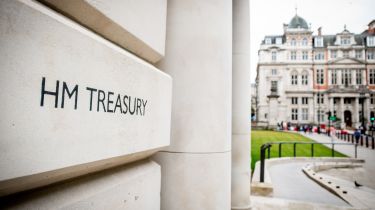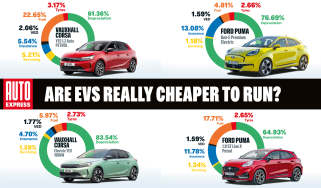Pay-per-mile road tax coming to the UK with EVs to foot the bill
A one-way trip across the UK will soon cost EV drivers several pounds extra under Rachel Reeves’ new plans

After years of toing and froing over whether the government might introduce some form of road pricing, it’s now been reported that chancellor, Rachel Reeves, is set to introduce a pay-per-mile road tax scheme for electric cars in the upcoming November Budget.
As part of Reeves’ new plans, from 2028 EV drivers will be charged three pence per mile on top of other Vehicle Excise Duty road tax charges. To put this in perspective, a single one-way journey between London and Oxford would set EV drivers back almost £2, while a return trip from London to Manchester would cost almost £13 in tax. With this in mind, the Telegraph estimates the scheme could see drivers charged up to £250 extra annually.
With billions in fuel duty set to be lost as fewer drivers head to the pumps due to the switch to EVs, it’s estimated that a pay-per-mile scheme could raise an extra £1.8 billion by 2031. It’ll probably be framed as a means to bring EVs in-line with their petrol and diesel fuelled counterparts, although it’ll inevitably be a hugely unpopular policy with the automotive industry, which is already struggling to hit tough ZEV Mandate sales targets for electric cars.
Reacting to the news, Conservative shadow chancellor, Mel Stride, said: “If you own it, Labour will tax it. It would be wrong for Rachel Reeves to target commuters and car owners in this way just to help fill a black hole she has created in the public finances.”
How will pay per mile road charging work?
So how will the scheme work? Well, unlike many feared, it won’t involve the use of tracking devices in cars; duty will be charged based on an estimate of how far drivers will drive their cars. It remains to be seen, however, how such an estimate will be generated.
Automatic Numberplate Recognition (ANPR) cameras are already used to check whether VED has been paid, so it’s certainly possible that this, in conjunction with checks during MOT tests, could be used as the method of enforcement.
Auto Express has approached HM Treasury and the Department for Transport for comment, but is yet to receive a response.
Did you know you can sell your car through Auto Express? We’ll help you get a great price and find a great deal on a new car, too.




